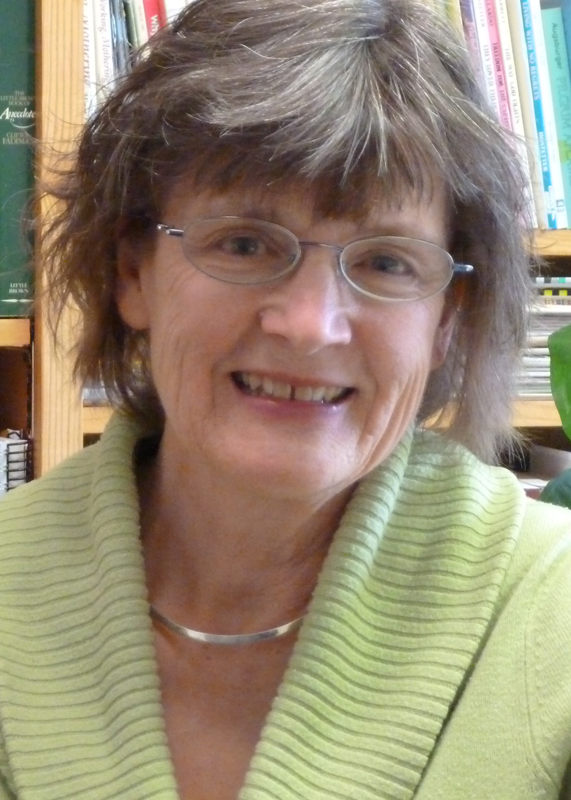When Will I Ever Use This Stuff?!
Has your child (or maybe you) ever taken a class where he or she asked, “Where or when will I ever be able to use this?”
The problem solving skills that math teaches you are irreplaceable. You need the analytical ability that math develops to solve almost every business problem.
Lauren is a longtime church friend who recently posed this great question on Facebook: “One of my sons is questioning why he needs to learn algebra. If you use upper-level (algebra or above) math in your occupation, please give a brief response as to what and how it is applied!”
I thought the concrete examples related to many occupations shared by Lauren’s friends were pretty amazing. If you have a son, daughter, or grandchild asking the same question, here’s a practical list (real first names used; Lauren let people know their comments might appear here). At this point in the school year, I’m guessing kids might be really struggling—both with their math (they’re over the introductory/review stuff and really into the hard things) and their motivation, which may be sagging while spring beckons.
Of course we expect math teachers to use it, and can readily imagine that technical people like chemical and mechanical engineers depend on it. But what about other occupations?
Jane testifies that firefighters and paramedics use it daily. Sharon says nurses do so too—such as when administering meds to a patient. Danna notes that doctors use algebra when calculating chemo/blood thinning agents—important to anyone who has a loved one under care in a hospital—and affirms, furthermore, that “medics have no pharmacy to double-check with so they have to be even better!” Robin, a hospital nutritionist says, “I use it daily to calculate people’s dietary needs and the nutrient composition of their diets.” James commented, “Respiratory therapists use algebra to administer the correct amount of oxygen and inhaled medications, calculate what percentage of a patient’s lungs have adequate perfusion and ventilation, determine extent of lung disease and injury, assess airway function and diagnose cardiopulmonary disease, measure acid levels as well as levels of carbon dioxide and oxygen in blood.” Quite a list!
Jackie says anyone in the field of computer science takes many math-related courses, and Elizabeth responds that “Environmental studies calculate mass balances in laboratory studies to determine if chemicals are released to the environment, taken up by plants and animals, and determining if there is toxic impact.”
How about some other fields where use of math is not quite so obvious?
Sharon notes that “pilots use it.” Janet works in waste treatment: “I use it regularly for figuring calculations, mass balances, and on and on. Electricians use it in applying Ohm’s law, carpenters use it to figure angles and stuff. It’s everywhere!”
Brad used it to build his son’s first play-set: “Admittedly it was a bit over-engineered. Any carpentry is made much easier with algebra.”
Peter, one of several guys who weighed in, adds to carpenter/contractor use of algebra: measurements, tensile strength, rate of curing for cement. And from his own occupation he notes these uses: “Inventory management, pension calculations, leasing arrangements, loans, bonds, stocks, tax code, shall I go on? Video games are actually complicated algorithms.”
Nancy, director of a health-related nonprofit organization says, “I use it in budgeting, grant writing, scheduling, making presentations for staff and board. I use it constantly. I have also used it in figuring fair division of costs—and in my hobby of gardening.”
She recalls this great story about her father: “As a child, we lived on a dirt road with about five houses. We were the last house. The road needed to be re-graveled and all the homeowners decided to pay for it. My father used an algebraic formula to figure out how much each owner would pay—finding the x. Since we were the last house, we paid the most (5x). All the neighbors were so impressed with this simple math problem that Daddy became a folk hero. He said to me then, ‘Remember this when you hit algebra and wonder when you will ever use it.’ I always have.”
Hannah writes, “As a history major I had to use it all the time to compute and analyze data like census results, farm logs, business records, etc. Also, in humanitarian affairs we use it constantly to compute need in various areas, like aid for famines or disease outbreaks (like the Ebola epidemic).”
James points out, “Algebra is also very important for receiving a fair and accurate paycheck in any compensated occupation.” To that, Susie notes: “My husband is a payroll analyst; if he didn’t do it right he’d mess up people’s livelihoods calculating x amount that goes into retirement, etc.”
Karen adds hobby uses: “I use it in quilting to make my own patterns and in cooking when I adjust recipes. She also maintains something I never would have believed: “Algebra is FUN!!”
I like the point Michelle (not my daughter) makes, “Even if he [Lauren’s son] doesn’t use the specifics of algebra or higher math, the problem-solving skills that math teaches you are irreplaceable. You need the analytical ability that math develops to solve almost every business problem. I know I do!”
For students or parents hitting the April tired-of-school-and-math wall, one respondent, Catherine, notes that “the DragonBox app [for smart-phones] is a great set of algebra games.” If you want to add comments or other uses, email MelodieD@MennoMedia.org or write to Another Way, 1251 Virginia Avenue, Harrisonburg, VA 22802.




